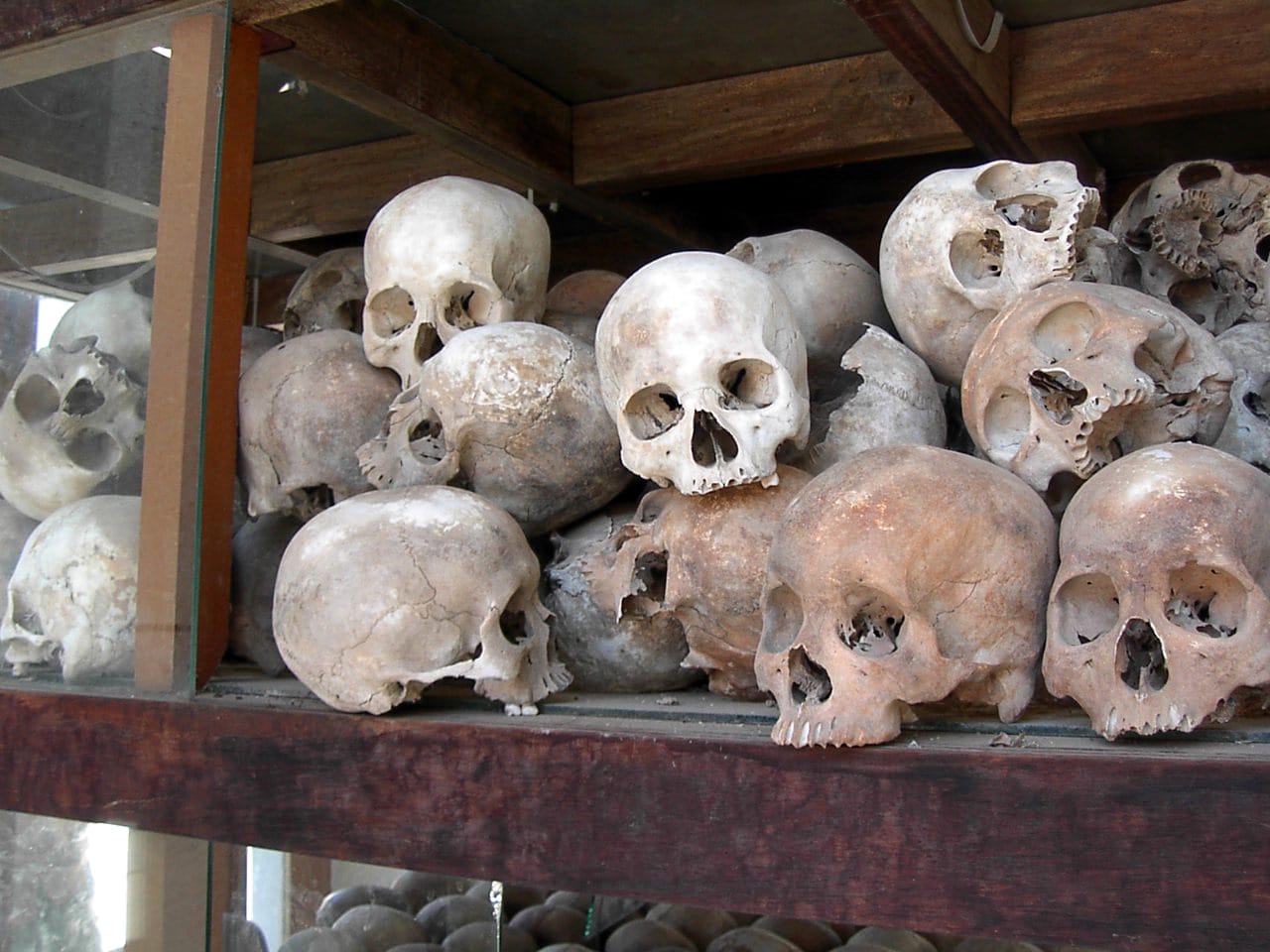The memoir of Cambodian American activist Loung Ung, First They Killed My Father (2000), has been celebrated in mainstream media for its account of growing up under the Khmer Rouge regime of the 1970s and, notably, was adapted into a feature film directed by Angelina Jolie. Yet, other Cambodian Americans have vehemently called into question whether Ung can even represent herself to the public as “a daughter of Cambodia,” which is the phrase used in the book’s subtitle.
Responding to the controversy, Bunkong Tuon draws on scholarship about testimonial narratives—“the primary form of writing about the Cambodian genocide” but a genre that also includes Holocaust memoirs and the acclaimed Indigenous Guatemalan biography I, Rigoberta Menchú—to address “how Ung’s text fails to bear witness in some ways but triumphs in others.”
Testimonial literature carries expectations of a high standard of accuracy, as Tuon explains. “In order for writing by survivors of the Cambodian genocide to be effective as evidence against the Khmer Rouge leaders,” he writes, “it must be absolutely accurate in its portrayal of life under the regime.” Since “the narrator in testimonial literature gains the right to speak on behalf of her people and testify to the suffering they endured,” any inaccuracies in the text would seem to raise doubts as to the author’s ability to speak for the social group that she represents.
In full: https://daily.jstor.org/should-readers-trust-inaccuracy-in-memoirs-about-genocide/




